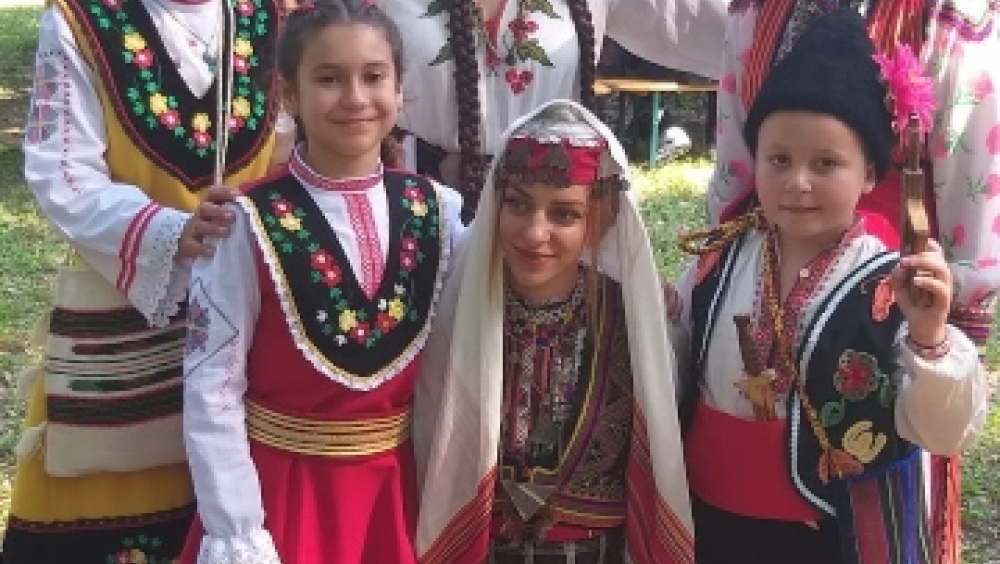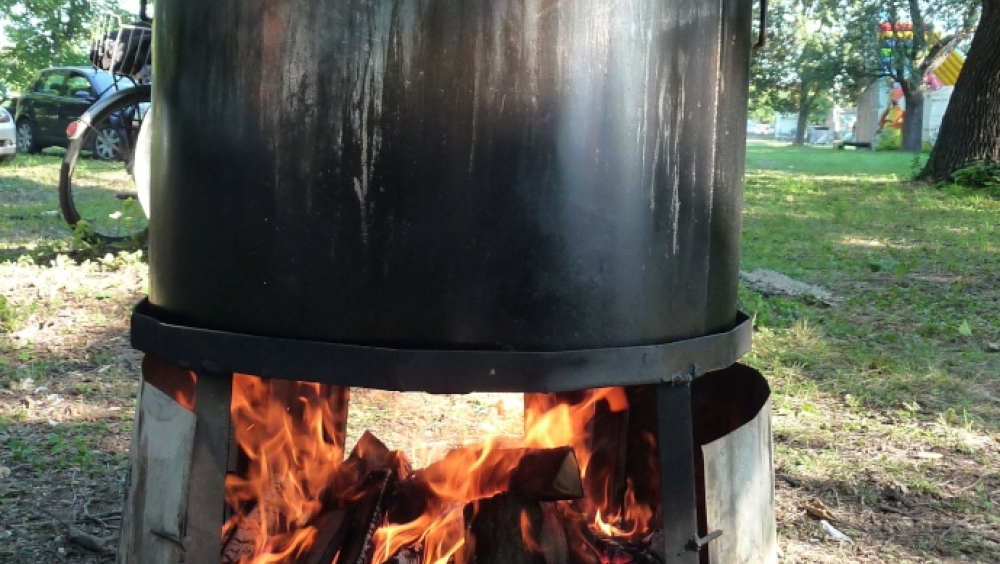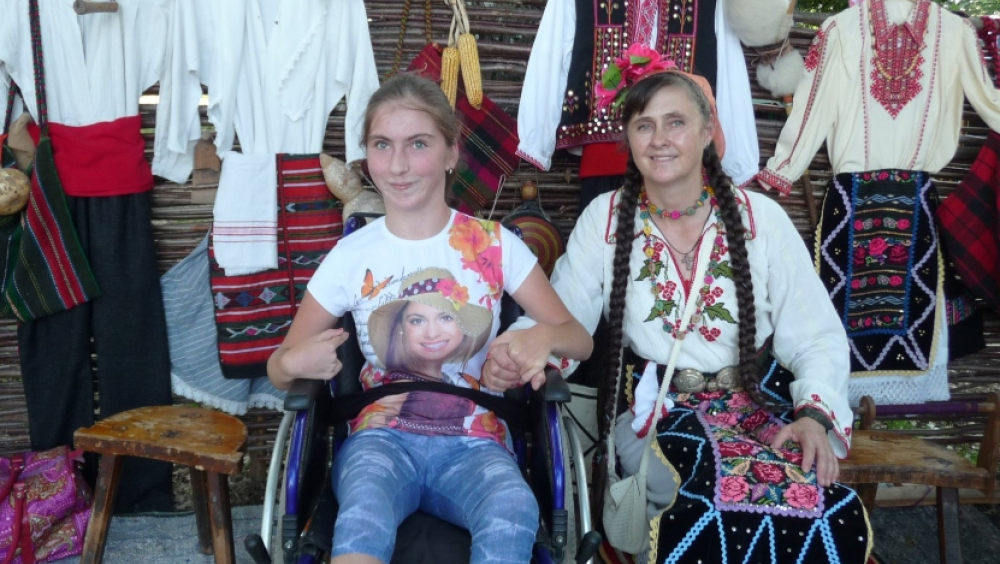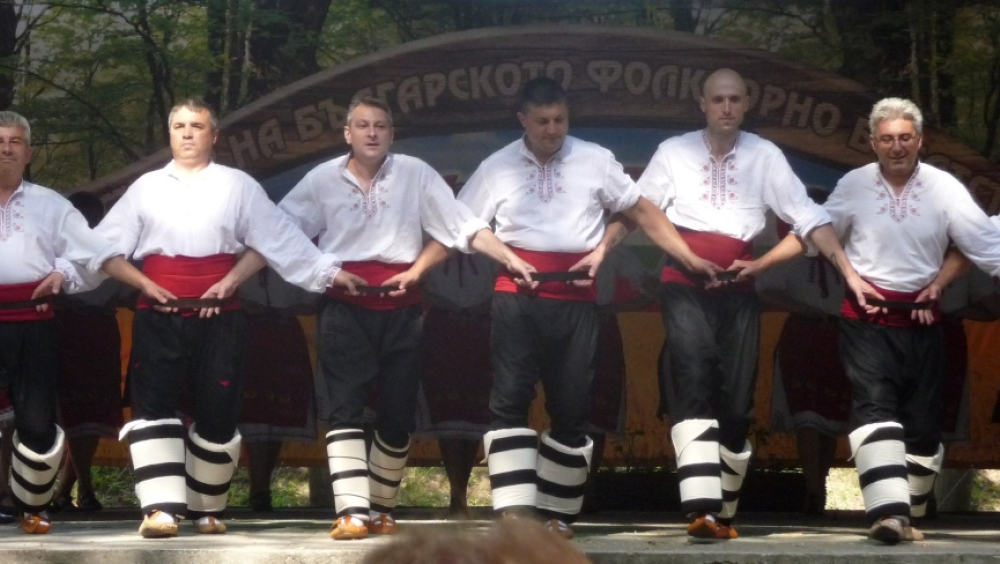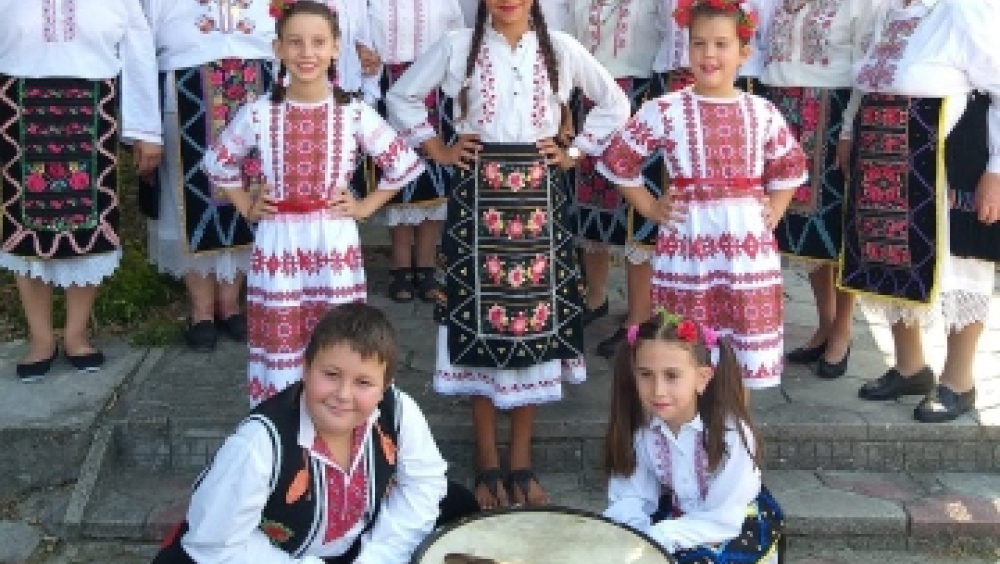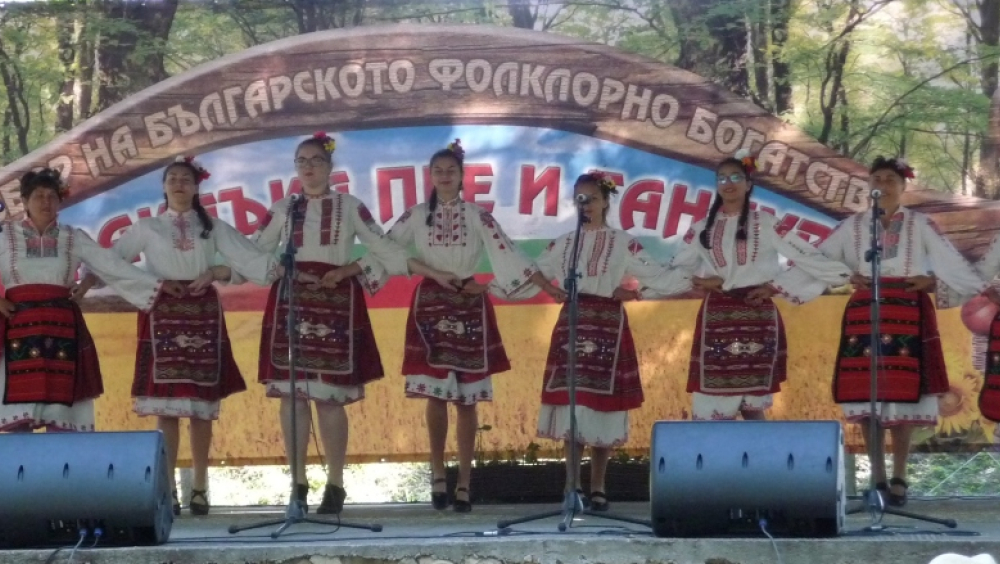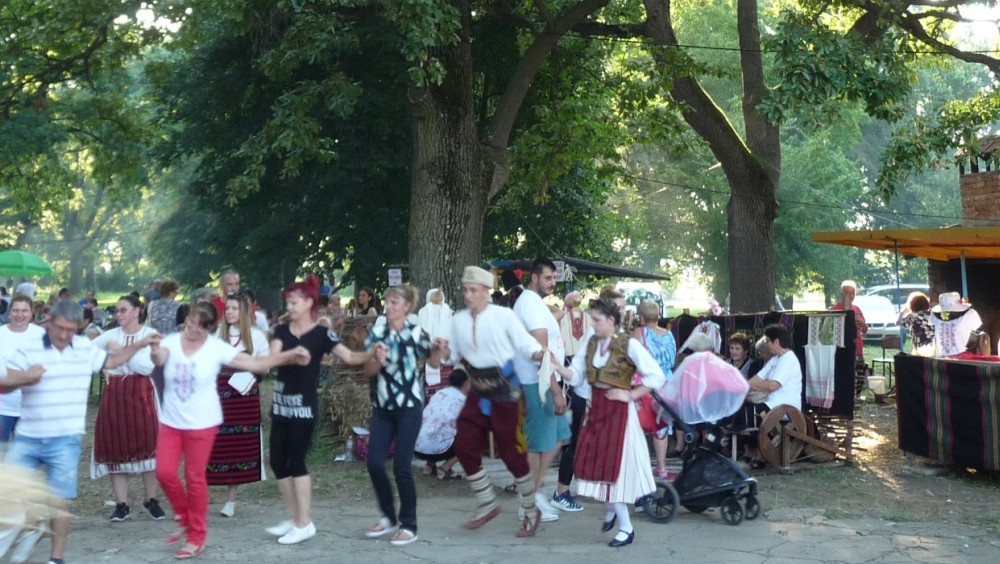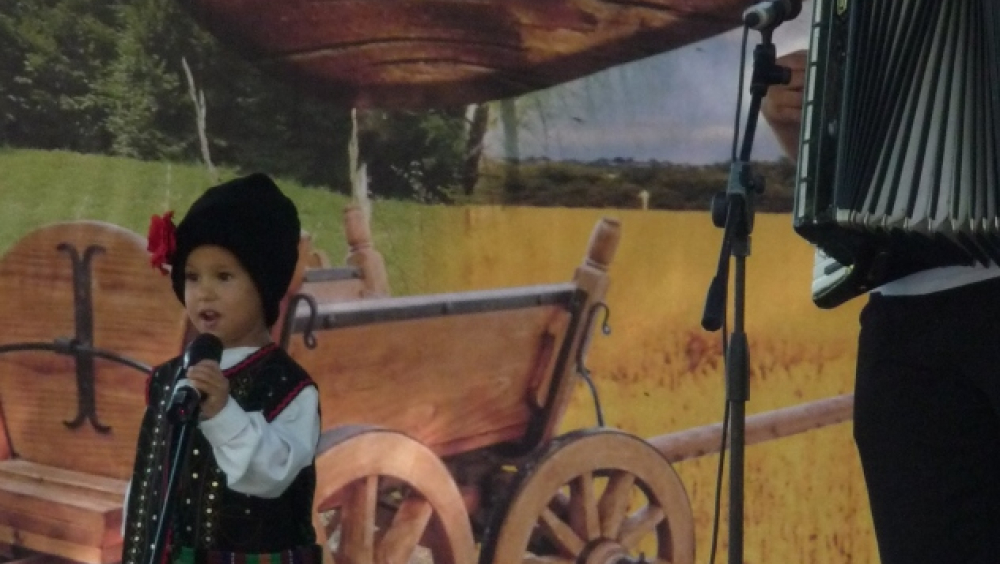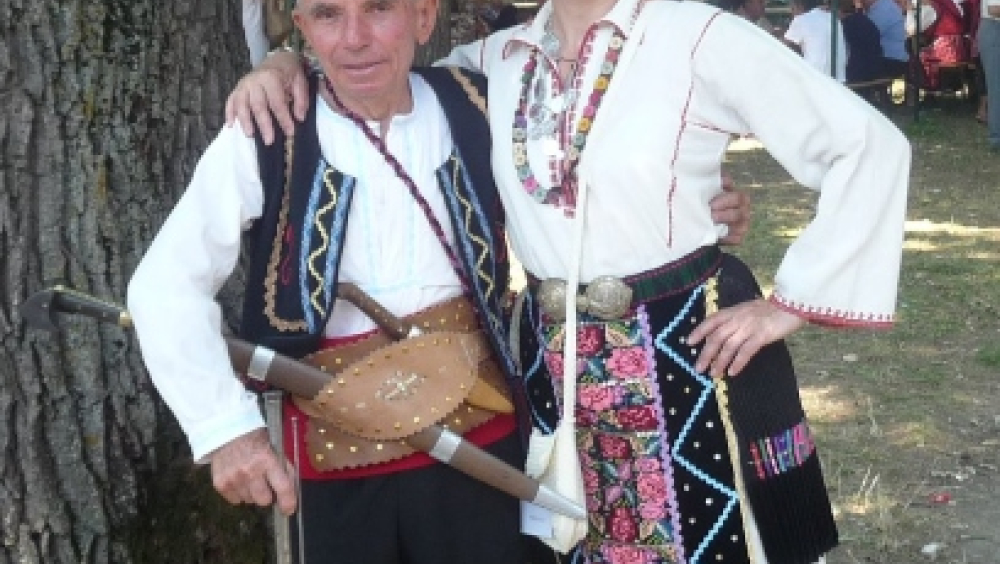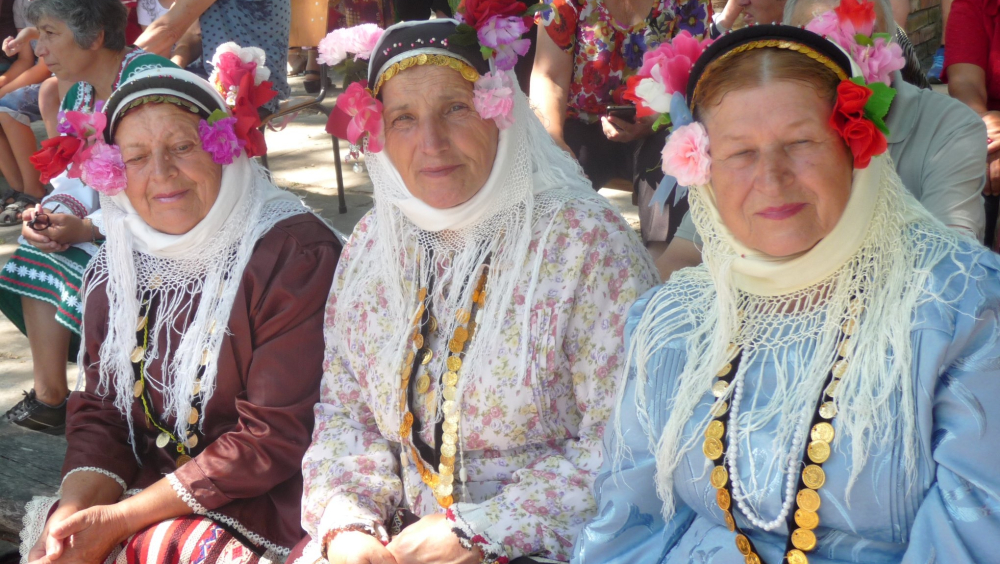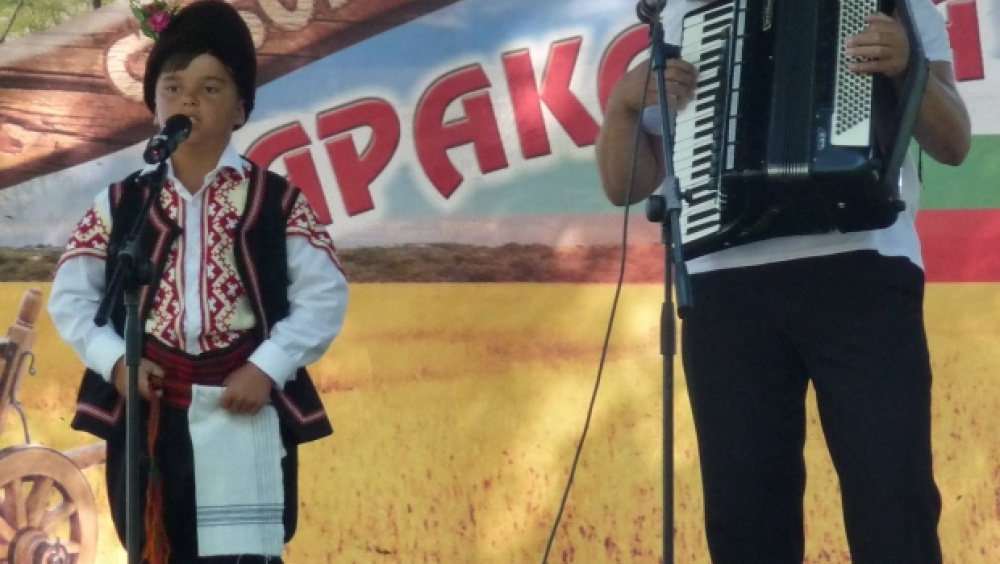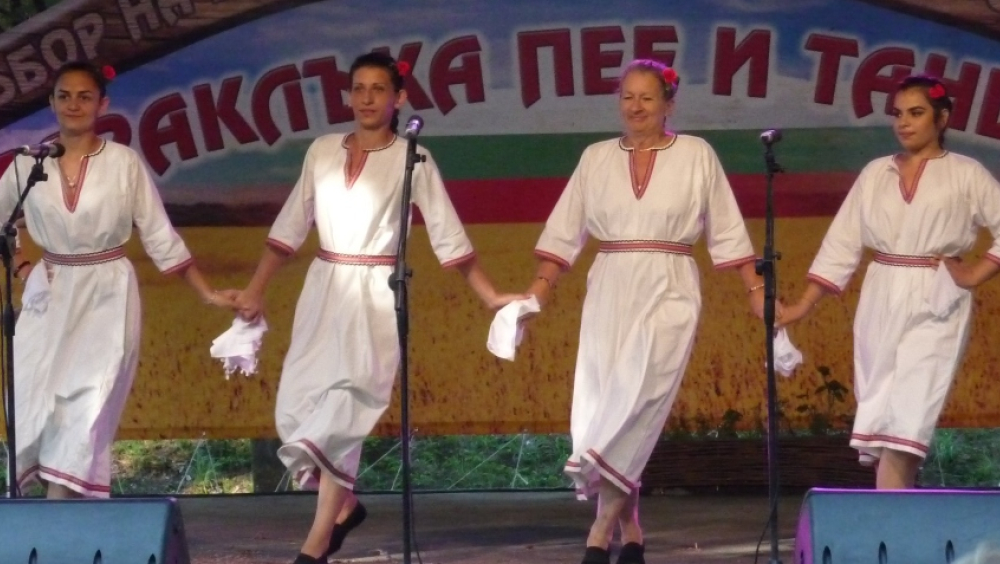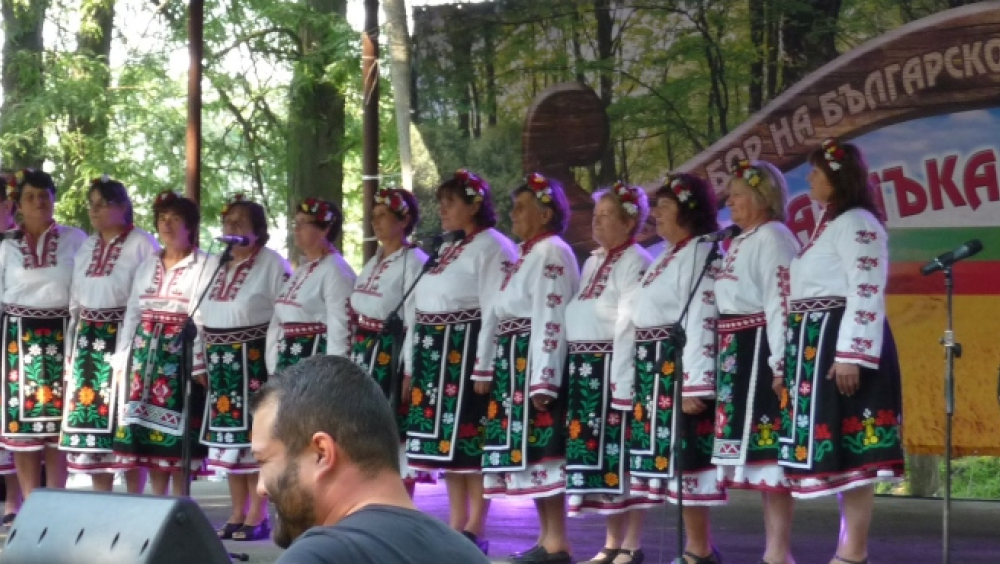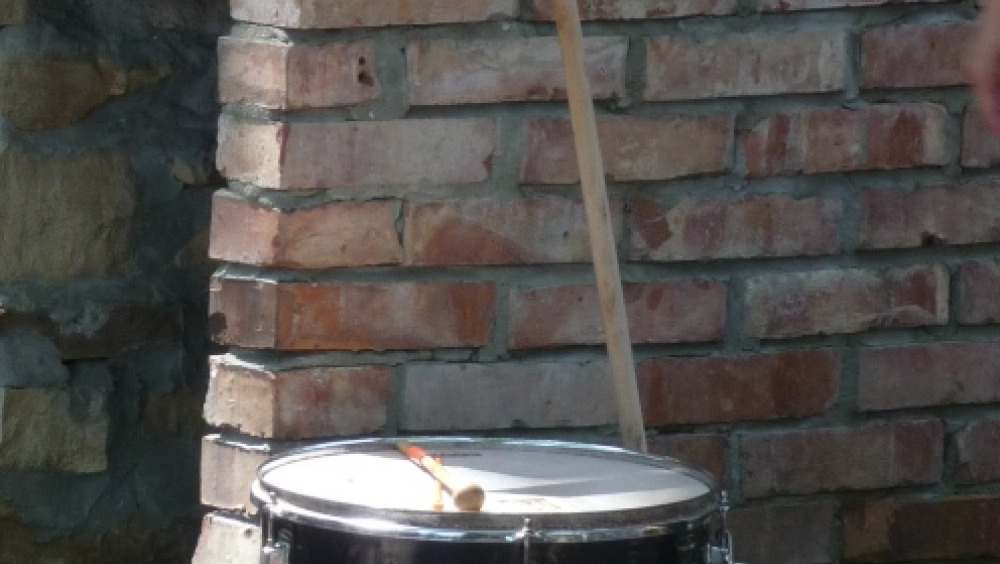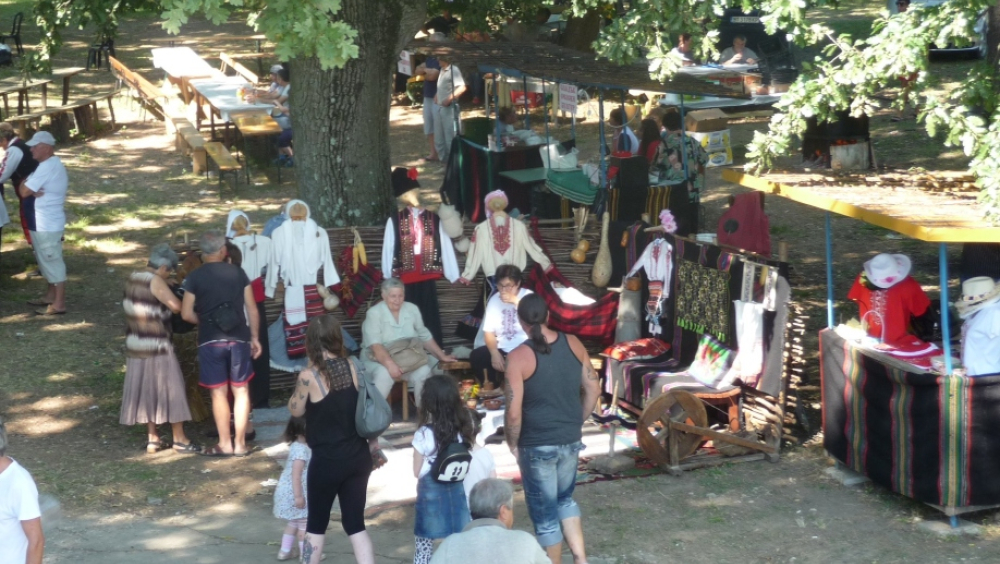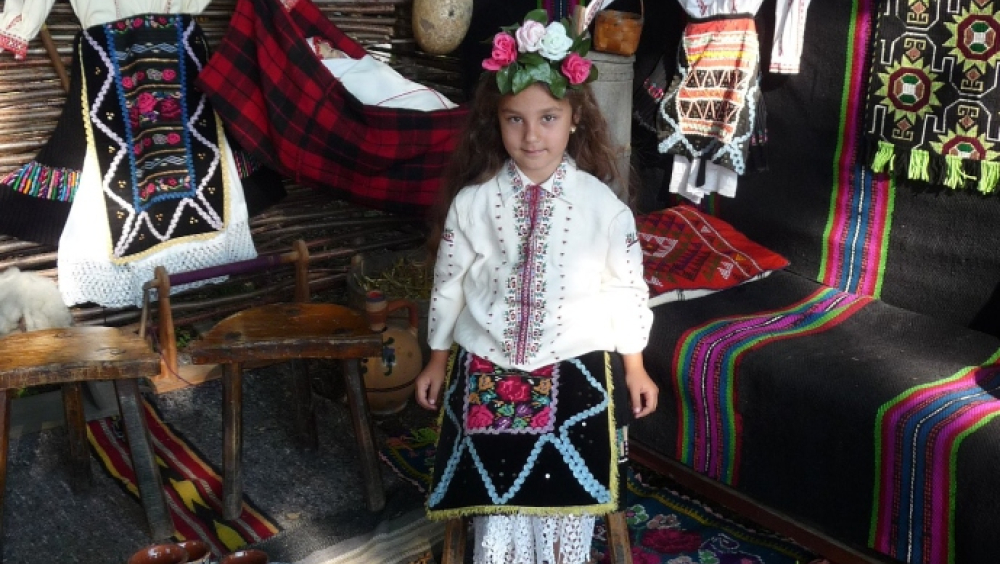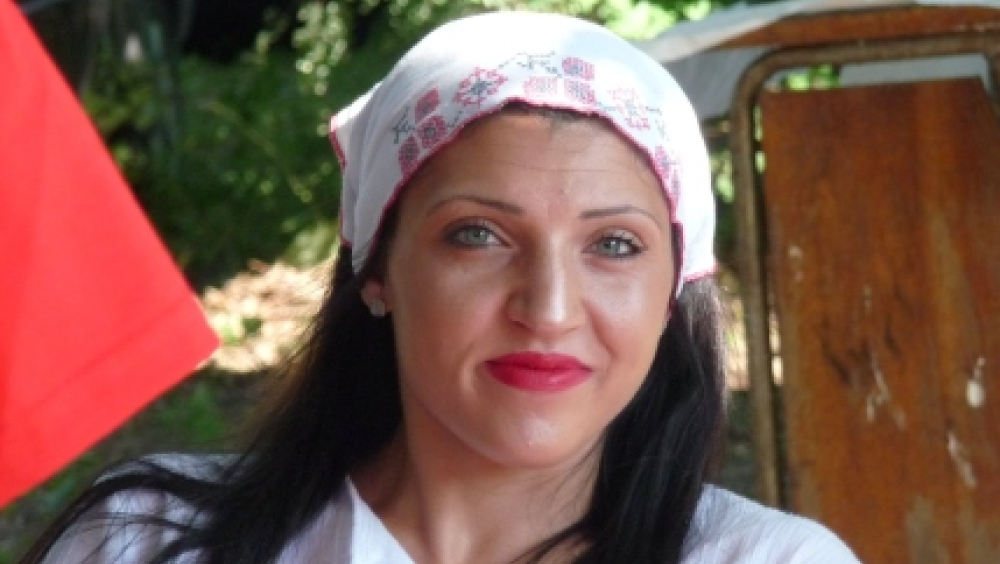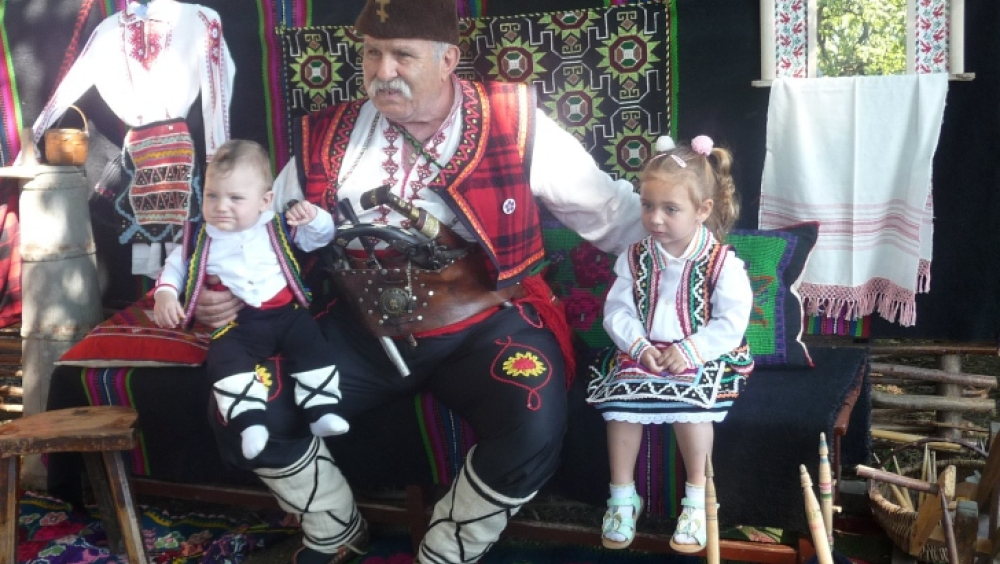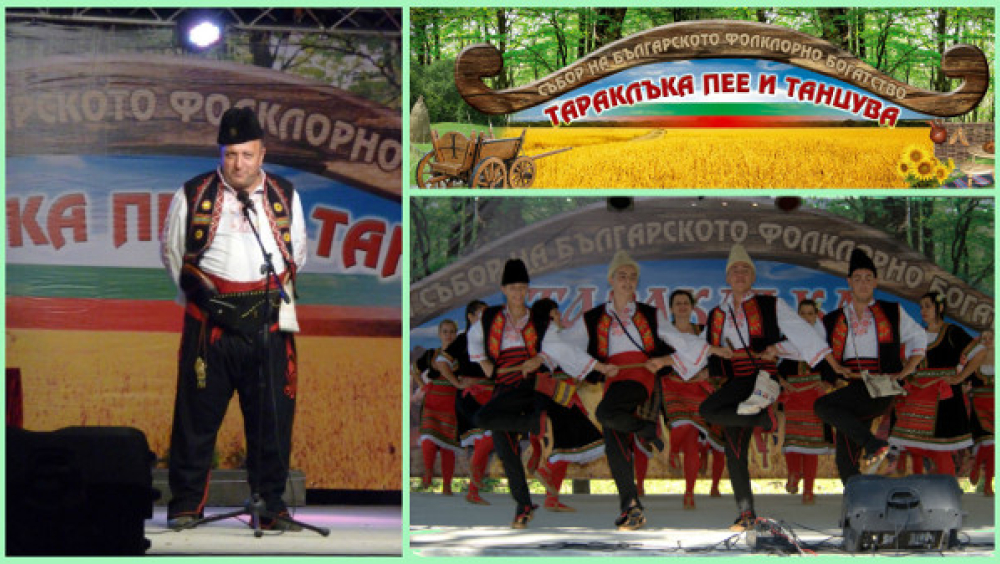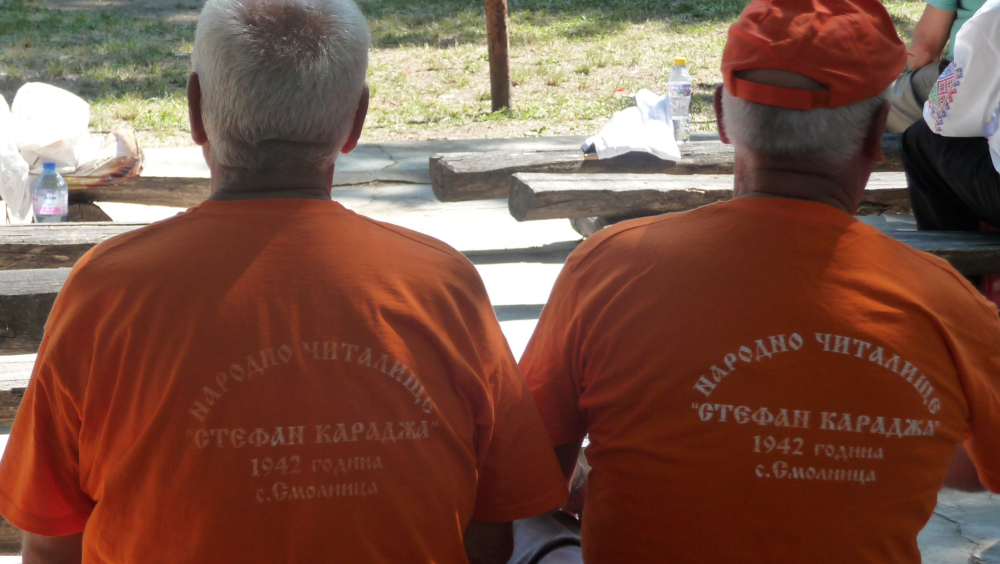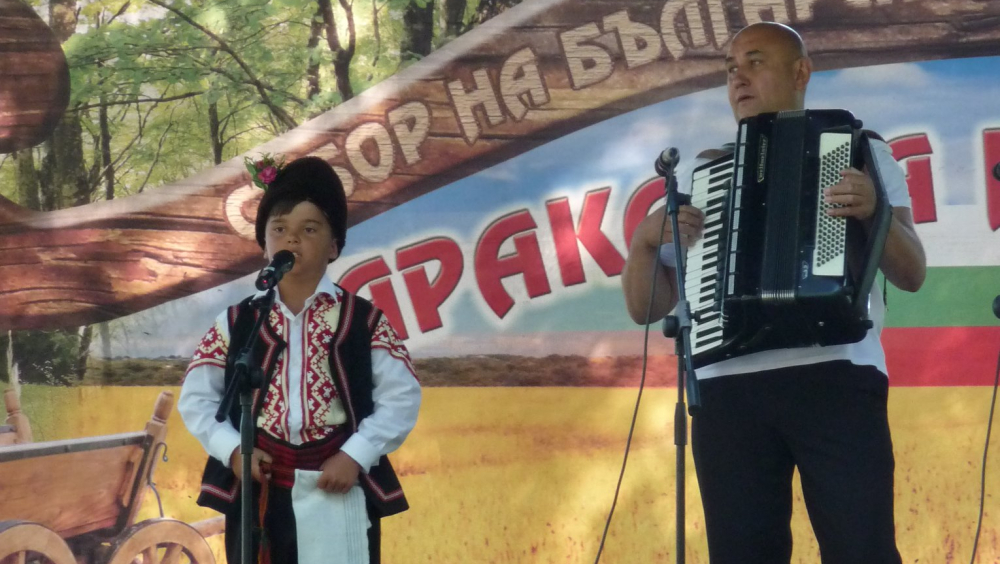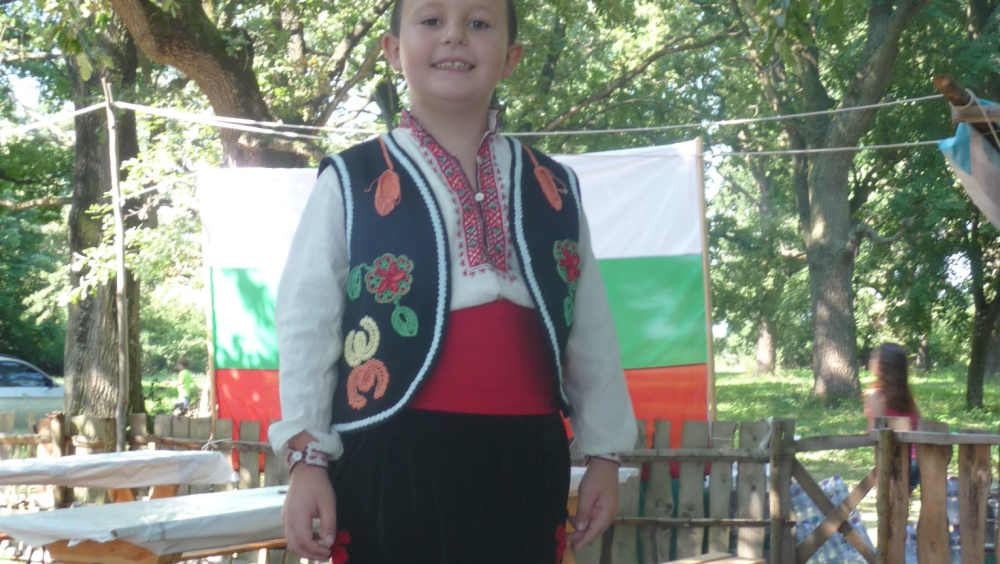Tarakluka Traditional Folklore Festival of Song and Dance
A story of how ancient traditions are being upheld and passed on to younger generations and to those who have moved on to other European destinations for work or study. The Park of the Venerable Oak trees in the ancient village of Gradishte on the Danubian Plains of Bulgaria hosts this grass roots festival, attracting interest locally, regionally, nationally and more recently with European interest.

Tarakluka Traditional Folklore Festival of Song and Dance
On the last weekend of July, under the relentless Bulgarian sun, a sea of vehicles and pedestrians wend their way towards Tarakluka; The Park of the Venerable Oak Trees. Over 150 years old the oak trees on this ancient site has been the home of the annual Tarakluka Traditional Folklore Festival of Song and Dance since 2014. The park is set in 340,196 decares in the village of Gradishte. Archaeological evidence dates habitation in the village to some 7500 years ago. Set in the Pleven region and on the sprawling agricultural jewel that is the Danubian Plains, the event welcomes more than 2000 visitors a day over the weekend.
The ad hoc car park on the surrounding common land presents a visual map of the width and breadth of visitor origins. From cars with foreign number plates, to horse drawn carts and bicycles. As the borders across Europe opened and habitants of the member states gained the opportunity to visit, work and study abroad the very fabric of Bulgaria began to enrich its culture with the traditions and mores of their geographical neighbours. Such is the need to keep alive the continuity and value of the Bulgarian traditions, that for many this is a form of pilgrimage to what once was and still is, ergo a cultural continuity that supersedes physical location.
Not a slick corporate affair this event is hosted and effected by the Mayor, the National Community Association "Osum 1894" and a veritable army of volunteers. The visitor benches are fashioned from the carcasses of old school chairs and rough hewn planks or from the wind drop branches from the forest. Enormous cast iron cauldrons hang over open fires, bubbling with the traditional beans in red sauce, lovingly tended by the village youngsters and overseen by the village elders. The smell of barbecued Kiofte and Kebabche rise tantalisingly above the festivities, announcing their location and attracting queues of good natured visitors. Under the verdant canopy of the summer forest the visitors sit in extended family groups, often 3 generations and representing the triangulation of Bulgarian, Turkish and Roma families of the village and of Bulgaria. More recently families from across the European Union have joined these revellers. Conversations of commonalities and differences abound. Cross cultural delicacies pass between tables and children with disparate languages play together oblivious of their language differences.
The stage, at the very centre of the festival is raised and open to the elements, providing a visual and aural landscape from early morning to late evening. The sweet piping voices of children as young as 4 and as senior as 90 fill the air with ancient and treasured traditional songs offering a tantalising and ethereal prologue of what is to come, to those making their way to the event. The dance troupes wait patiently for their turn; the opportunity to share with others their performances, traditional dress and dance that represent their country, region and village as effectively as any written document.
The performers and many visitors, resplendent in traditional dress present a veritable feast for the eyes. The traditional "pristilka" or aprons, the blouses, headgear and shirts are intricately embroidered in a kaleidoscope of colours that denote origin, marital status, ancient myths and protections. Many of these treasured items are yellowed with age but rich in memory. The ageless tradition of song and dance performed by the very young to the most senior members of the community unify and bind together seamlessly those from the village and from across Bulgaria.
The sense of inclusivity abounds, from teenagers carrying baby carriages and wheelchairs, in good natured groups over the uneven ground of the forest to patient elders lovingly watching the village youngsters as their able bodied parents attend to the comfort of the visitors.
To have attended this festival, where there is no entrance fee or exemptions is to have experienced what can only be described as a cultural embrace. A time when family and community were the very glue that cemented a country together. Where teenagers can be found sitting joyfully with grand parents. Where those from outside the village, region or country are welcomed with open arms and shown such generosity of spirit and camaraderie that it warms the very depths of ones soul.
European Dimension
Song and dance has, historically, been a tool for engagement, inclusion and the for the cultural enrichment of communities. The Tarakluka Festival provides a vehicle for the continuation of these traditions within Bulgaria and looking to the future, the possibility of inviting participation from outside of Bulgaria. To that end there is a need for permanent roofing over the stage structure. The reasons are threefold; to preserve the stage area, to protect performing participants against the weather and to extend the possibility of events across a longer period of each year. Additionally the erection of a toilet for disabled visitors. There is also a need for a permanent wheelchair and perambulator friendly pathway from the entrance of the festival grounds to the events area. As the younger members of communities across Europe are tempted by the technologies of the modern world there is a pressing need that we ensure there is a cohesive and collaborative effort to better balance tradition and modernity. Events like Tarakluka are managing this balance with aplomb.
